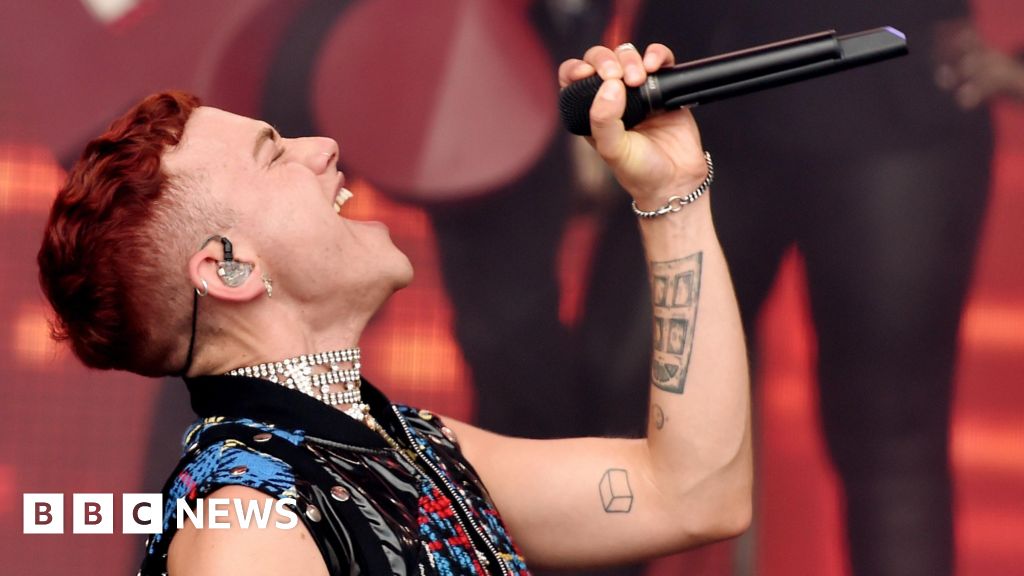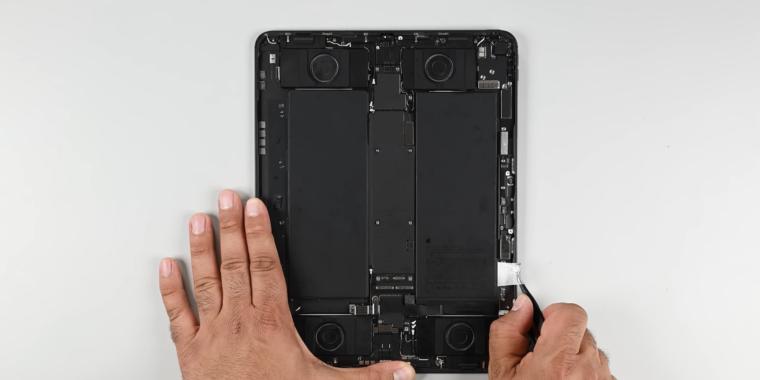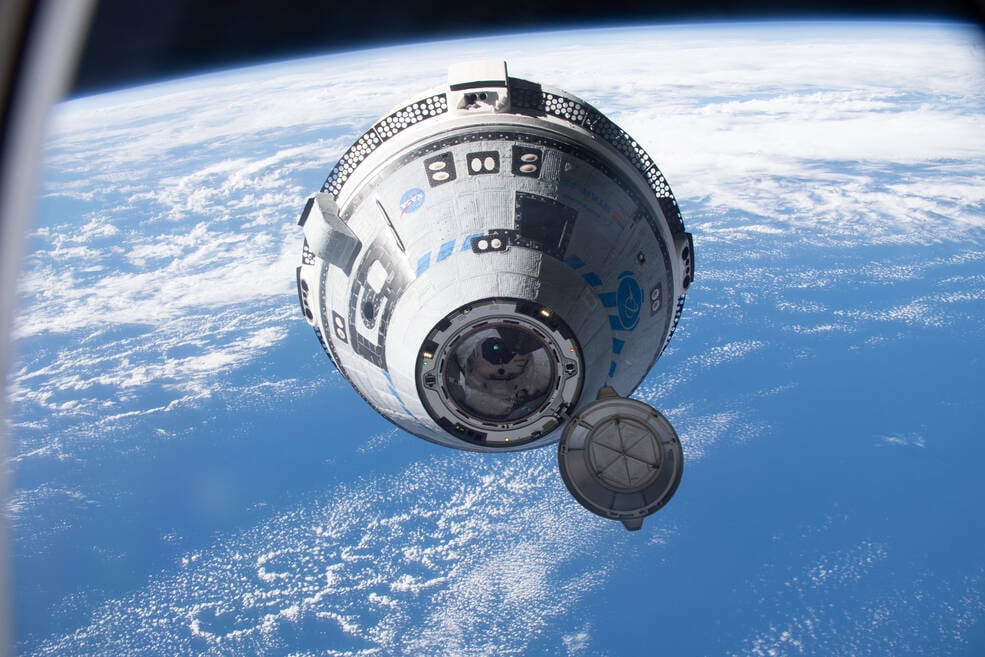Image source, Sarah Jeynes / BBC
- Author, David Sillito
- Role, Culture correspondent
It’s the one thing you’re not supposed to do – but Olly Alexander couldn’t resist.
Ahead of the Eurovision final on Saturday, he looked at what bookmakers were saying about his chances of winning the contest.
“My odds for winning are at one per cent,” laughs the singer.
“But that’s fine. It’s better than zero.”
The former Years and Years singer is representing the UK this year with Dizzy, a throbbing slice of Pet Shop Boys-influenced pop.
He is, by far, the biggest star we’ve sent to the contest in years: a Bafta-nominated actor with two number one albums, and collaborations with Elton John and Kylie Minogue under his belt.
Eurovision host Graham Norton says that experience gives him an added advantage.
“Olly has already done all the things that it’s impossible to prepare someone for,” he said earlier this week.
“He has played to huge crowds, he can relate to the cameras, and he is used to high pressure situations. Add to that, the fact that the song is a massive bop and I think we could do really well this year.”
Proof came during rehearsals in Sweden last week.
Alexander’s confident (and acrobatic) performance wowed fans and the UK rose up the bookmakers’ odds, briefly appearing in the top 10.
At the time of writing, Alexander has slipped down again, after a technical malfunction affected his performance at Tuesday’s semi-finals.
“I did have a slight wardrobe malfunction, in that my mic pack fell off in the second chorus,” the star confirmed to BBC Radio 2’s Scott Mills.
“So I was confused and stressed by that.”
But overall, he’s pleased with how the performance went.
“The thing about being here in Malmö, at the arena, is there’s a lot of rehearsal,” he tells the BBC.
“It’s just like a military operation. So to do it properly, in front of the cameras, with an audience, was fun. The atmosphere ramps up.”
Image source, Getty Images
Alexander’s staging has become a talking point at this year’s contest – quite a feat when he’s competing against Ireland’s “gremlin witch” Bambie Thug and Finland’s mulleted and trouserless Windows95Man.
His performs Dizzy inside a mocked-up gymnasium shower room, surrounded by four male dancers in red boxing gear.
As the song plays out, the room appears to spin, with Alexander appearing to bounce off the walls and perform dance moves on the ceiling.
It’s all achieved with a combination of camera trickery and strong core muscles, he reveals.
“There are bars built into the sides of the walls,” he says. “Sometimes a dancer will grab one and turn themselves upside down, so that their feet are on the ceiling – but when the camera flips it looks like they’re still on the floor.
“I didn’t make things easy for myself,” he adds. “But on my last tour, I did a couple of songs on a treadmill. So I’m used to having a challenge.”
‘Extreme’ criticism
Alexander has been a Eurovision fan since he was a child.
His first memory of the contest was watching Gina G represent the UK with Ooh Ahh… Just A Little Bit in 1996 (she finished eighth).
But he had never been to the contest, let alone participated, and the scale of it took him by surprise.
“I didn’t realise how long the Eurovision season is. You go all around Europe and perform. Lots of countries have pre-parties and there’s a huge community that are waiting each year to see who the contestants are.
“And one thing I maybe forgot was that it’s a competition. People are there to judge you. I’m used to being judged but it is so palpable [here]. People are [scrutinising] every little detail. That’s quite intense to experience.”
That scrutiny has only intensified this year over Israel’s participation in the contest.
Pro-Palestinian groups, as well as some musicians and Eurovision fans, have been calling for the country to be suspended due to the ongoing war in Gaza.
In January, more than one thousand Swedish artists, including Robyn and Fever Ray, signed a letter asking for Israel’s act, Eden Golan, to be excluded.
A month later, another open letter signed by 400 people from the entertainment industry – such as Dame Helen Mirren and Boy George – supported Israel’s participation.
Before being chosen as the UK’s entry, Alexander had also signed an open letter from an LGBTQ+ activist group calling for a ceasefire and describing Israel’s actions in Gaza as “genocide”.
In February, another pressure group called Queers for Palestine launched a petition calling for Alexander to boycott the contest.
He responded in a joint statement with other Eurovision contestants, including Ireland’s Bambie Thug and Danish entrant Saba, saying he supported a ceasefire, but would remain in the competition “to come together and call for peace”.
In a BBC documentary following his progress at Eurovision, he acknowledged how intense the conversation had become.
“A lot of the contestants and myself have been having a lot of comments that are like ‘You are complicit in a genocide by taking part in Eurovision’ which is quite extreme,” he said. “It’s very extreme.
“I understand where that sentiment is coming from but I think it’s not correct.
“It’s an incredibly complicated political situation, one that I’m not qualified to speak on.”
After the documentary was broadcast last week, he has decided to say no more about the issue.
Image source, Getty Images
Speaking in Malmö, he confirms he has also “deleted all my social media apps on my phone” to avoid personal comments and focus on Saturday’s grand final.
But despite his years (and years) of experience, performing to a TV audience of 160 million people still gives him the jitters.
“To be honest, I haven’t been sleeping great because my brain just won’t stop going,” he says. “But I’m feeling pretty good. I’ve been quite well-behaved!”
His odds of winning are still around one per cent, but having a guaranteed career outside Eurovision relieves some of the pressure.
“I’ve tried to just embrace the madness of the whole process, really,” he says.
“It’s teaching me a lot about fame and celebrity. I would never have experienced anything like this if I hadn’t entered.”
And what if he ends up at the bottom of the results table, like Mae Muller last year?
“I thought Mae Muller, even though she didn’t do well on the leaderboard, Her was still a big hit,” he says. “So it doesn’t necessarily matter where you place, and that’s the approach I’m taking.
“I just want to deliver something that I can look back on in years to come and go, ‘I did that’.”

James Parker is a UK-based entertainment aficionado who delves into the glitz and glamour of the entertainment industry. From Hollywood to the West End, he offers readers an insider’s perspective on the world of movies, music, and pop culture.








